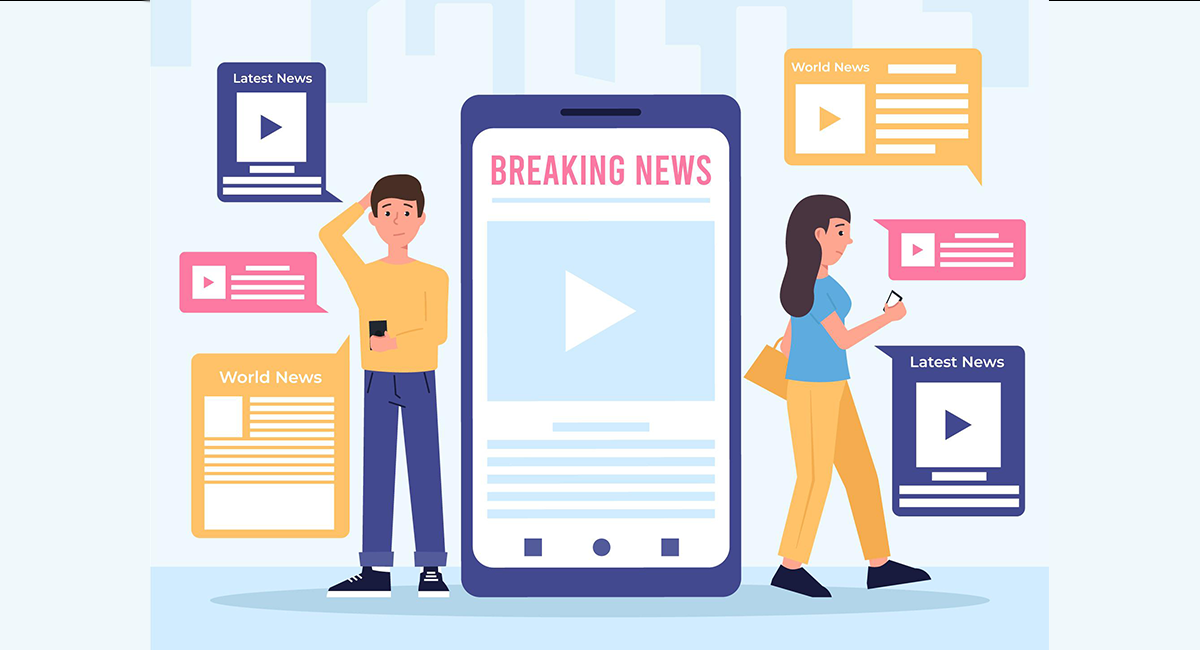In today’s world, students need to understand various aspects of the social structures, global economy, role of government, and the environment to make informed decisions about their lives beyond high school. Educators play a crucial role in equipping students with the skills necessary to distinguish between fact and fiction, research or evidence-based statements, and exaggeration from reputable journalism. By observing and discussing current events, teachers help promote civic engagement and critical thinking, develop media literacy, connect learning to the real world, and encourage empathy and perspective-taking.
News You Can Use: How Current Events Connect Classroom Learning to the Real World
Topics: current events for students, current events topics, Teaching Current Events
Those of you who aren’t social studies teachers may be inclined to skip over this blog post, thinking it doesn’t pertain to you. Still others may be saying, “Why bother teaching current events at all?” After all, with the 24-hour news cycle, nothing stays “current” for long! However, research indicates that a regular dose of current events has a multitude of benefits, even in classes outside of social studies.
Topics: classroom assessment, Lessons, Interactive Whiteboard, Classroom Collaboration, curriculum, current events for students, current events topics, Teaching Current Events



